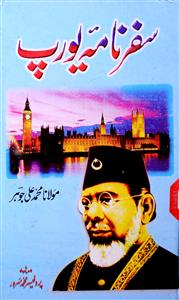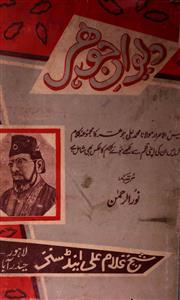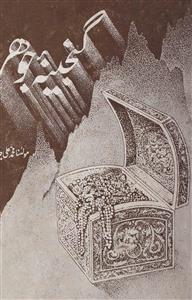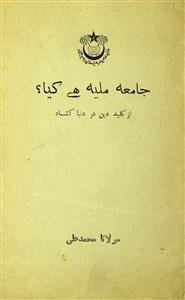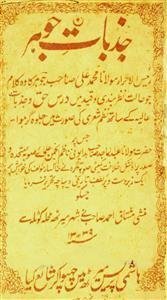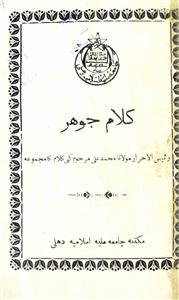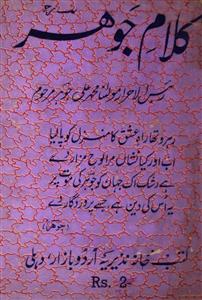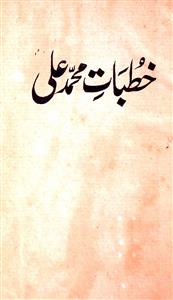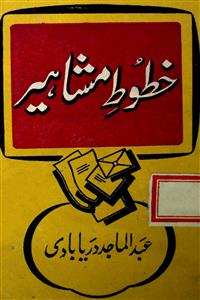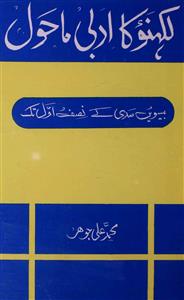 For any query/comment related to this ebook, please contact us at haidar.ali@rekhta.org
For any query/comment related to this ebook, please contact us at haidar.ali@rekhta.org
About The Author
Mohammad Ali Jauhar was born in 1878 in Rampur. His father Abdul Ali Khan was associated with the Rampur court. His father passed away when he turned two and acquired his initial studies under the guidance of his mother. He was schooled in Rampur and Bareily and then graduated with distinction from Aligarh. Pleased with his good performance, his brother, Maulana Shaukat Ali sent him to Oxford for I.C.S. where he chose History and Law as his subjects. On his return in 1899, he worked for states of Rampur and Baroda. After sometime he moved to Kolkata and started a weekly ‘Comrade’. Alongwith English, his mastery over Urdu was also perfect. He started an Urdu daily 'Hamdard’ for public. He expressed his opinions against the British fearlessly and spent a major part of his life in imprisonment for participating in Freedom movement with no impact, however, on his patriotic fervor. In 1919, he started Khilafat Movement in which Indian muslims supported him wholeheartedly, then he participated in Gandhiji’s Non-co-operation Movement. Under the influence of this movement, he founded Jamia along with Gandhiji, which has now become Central University. He was an active member of Congress and was imprisoned for many years for non-co-operation.Upon his release in 1923, he was appointed the President of Congress Party and worked for Hindu-Muslim unity. Anguished by nation’s agony, Maulana visited England for the Round Table Conference and in spite of being unwell; he delivered a fiery speech which is worth writing in golden letters in the history of Indian freedom movement. Apart from being a master author, Maulana had a mastery over poetry and prose. He was interested in poetry since his childhood and the poetic ambience of Rampur proved to be a boon for him. Those days, Dagh’s fame was at its zenith, apart from Ameer, Tasleem and Jalal. Daagh was so impressed with his intelligence that if he did not visit, he was called to come. Towards the end, he became interested in ‘ishq-e-haqeeqi’ but could not devote much time due to engagements. His two brief collections have been published entitled “ Kalam-e-Jauhar’
 For any query/comment related to this ebook, please contact us at haidar.ali@rekhta.org
For any query/comment related to this ebook, please contact us at haidar.ali@rekhta.org
